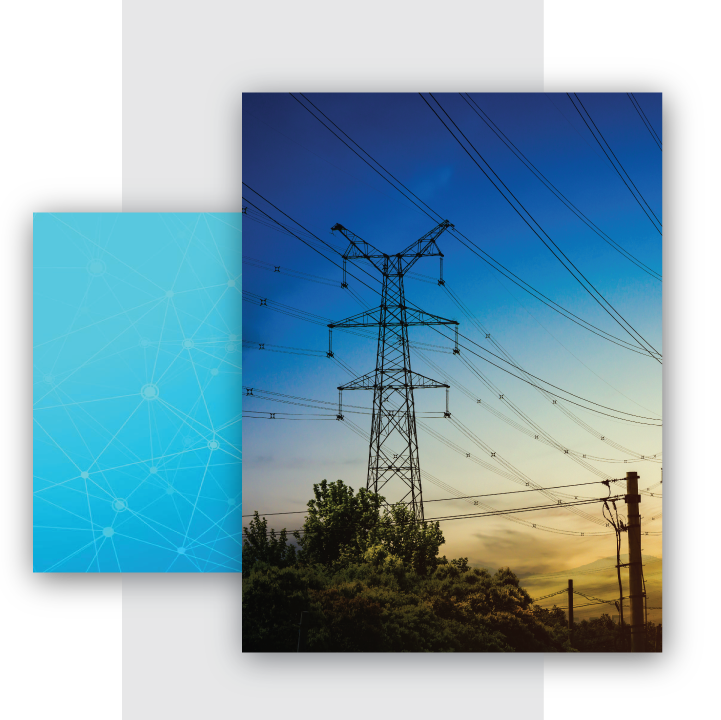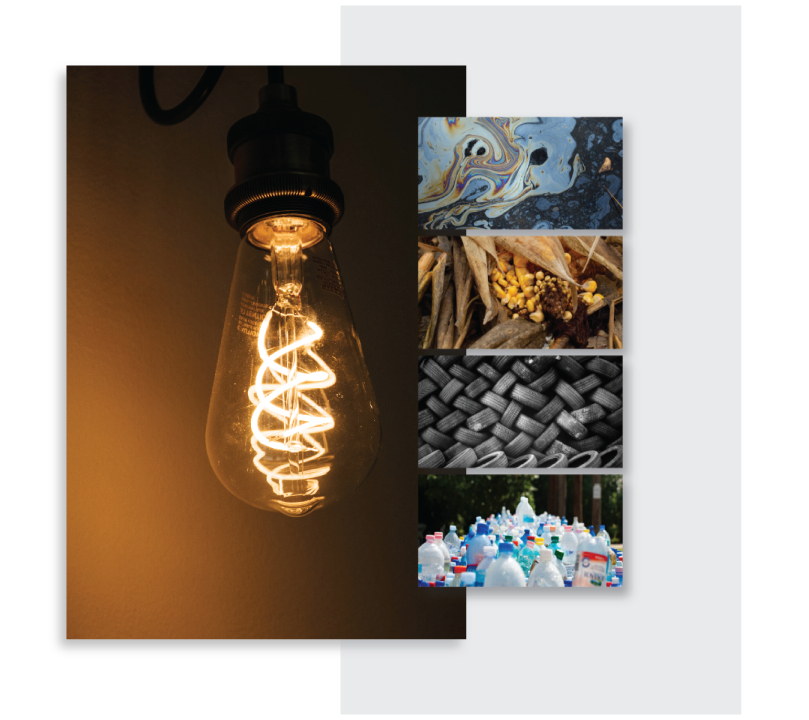Sustainable Renewable Energy Utility Systems
SREUS (ser•us)

Have you ever considered the staggering amounts of energy and water that could be recovered from dumped waste?
We see a world where toxic emissions from energy generation no longer exist, where millions of gallons of contaminated water are made pure and drinkable every day, and where the basic building blocks of life and economies are readily accessible.
SREUS builds cost-effective Sustainable Renewable Energy Utility Systems that produce electricity and clean water from sewage, biofuels, oil well production water, and gas.
SREUS Systems are maintenance-friendly and offer low operating costs, and provide an economic and environmentally effective alternative to current fuel options.
worldwide We drink 3 trillion
gallons of water per day
There are shortfalls in nearly every region & country due to climate change and toxic contamination.
Energy Costs The World $84 Trillion USD Per Day
Half of that comes from toxic emitters like coal, peat, and gas.
Globally, 3.5M tons of paper & plastic trash are produced per day
trillions of gallons of sewage are produced every day
One quarter is treated, the rest is dumped.

We need a fresh look at clean water & power production from waste sources
Our technology converts many types of waste into usable power & clean drinking water.
Because of its relatively small footprint, it is a perfect fit for food production and sewer treatment facilities as well as remote locations with power and water requirements such as remote oil well sites, islands, off-grid housing developments, off-grid manufacturing, or industrial locations and more.

Interested in more details?
We would love to discuss how this technology could benefit your industry
Frequently Asked Questions
SREUS technology dissolves waste in high-temperature, high-pressure water, then adds air to start an oxidation reaction that breaks down hydrocarbon chains, producing heat and purified water.
See our "How It Works" page!
Yes! Here is the crazy thing, the cost of electricity, including capital installation costs from diesel is $0.32 kWh with on-grid costs amounting to $0.13 kWh. The cost of electricity using a SREUS unit is $.0.09 kWh, with the added benefits of reduced facility costs in water treatment and waste removal.
The SREUS system can use traditional fuels such as alcohol, gasoline, natural gas, and diesel, but it can also be fed plant matter, agricultural waste, biofuels and gases, oil well production water, sewage, landfill waste, plastics, paper, rubber, food processing waste, and other organic material. Basically most anything that contains BTU (unit of heat) value.
Our systems give off zero toxic emissions, create essential outputs such as energy and clean water, and use waste as fuel. They operate in a relatively small format, and depending on the industry, and generally pay for themselves in 1-3 years.
The SREUS 200 kW system has been designed for a 20 year plus life.
Yes! The water removed is RO grade distilled water, meaning it is MUCH cleaner than your tap water.
No. It will actually decrease the greenhouse gases that would be emitted if the waste was just dumped. The amount of decrease depends on the fuel used in the SREUS unit—sewage, sewage gas, bio-matter, bio-gas, paper, and plant material, are all carbon neutral (meaning they don't increase greenhouse gases).
The CO2 output from a SREUS unit is 25 times less potent as a greenhouse gas than methane coming from rotting garbage in landfills, and methane released from coal and oil beds. When you are hauling diesel or other fossil fuels the engines produce CO2 produced in transporting diesel, coal, and other fossil fuels.
No, mass-energy balance calculations are figured to know the amount of fuel needed to burn to continue the oxidation reactions and convert the heat into useable electricity.
Oxidation reaction produces large amounts of heat from any hydrocarbon. The following can all be fed into the reactor and will produce heat, - crude oil, natural or diesel gas, shredded corn husks, grasses, sewage, and even bio waste streams — such as process water from dairies — can all be fed into the reactor.
Generally incinerating trash creates toxic and carcinogenic emissions, but the SREUS system destroys ALL toxic emissions.
- Scrubbed Air and CO2
- Zero (0) Sulfur Dioxides—no smog or acid rain
- Zero (0) Hydrocarbon soot
- Zero (0) toxic or carcinogenic airborne emissions
The SREUS system provides an opportunity for toxic waste management.
No, once it is put through the SREUS unit it is broken down to its smallest molecular compounds which have no smell.
SREUS uses a mix of existing and new technology. Some of the existing technology used are alternators, condensers, control systems, and cyclonic separation. New technology includes our newly developed intellectual properties consisting of a: